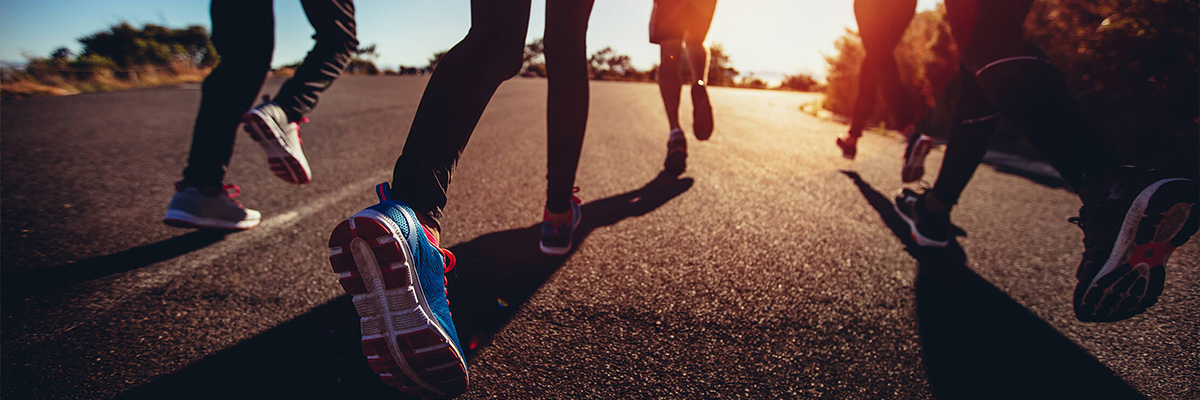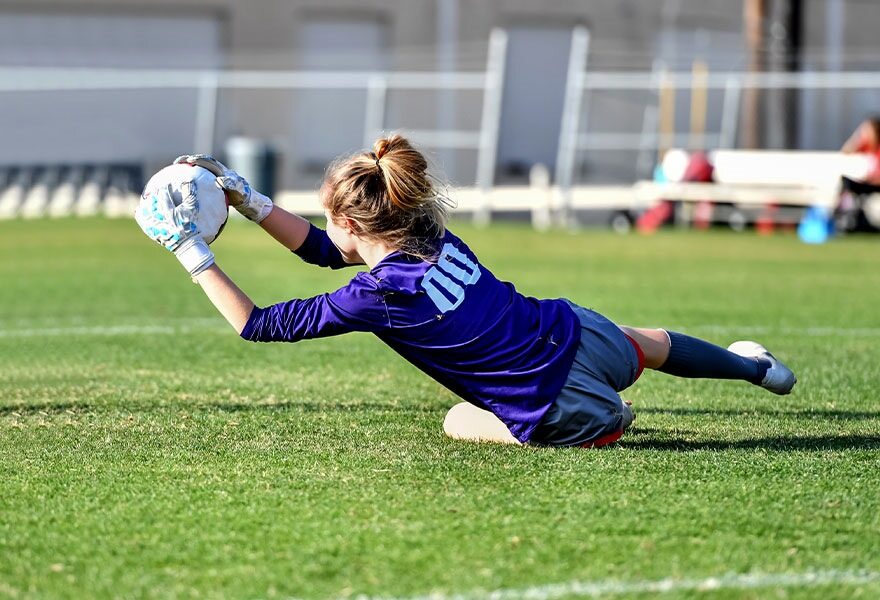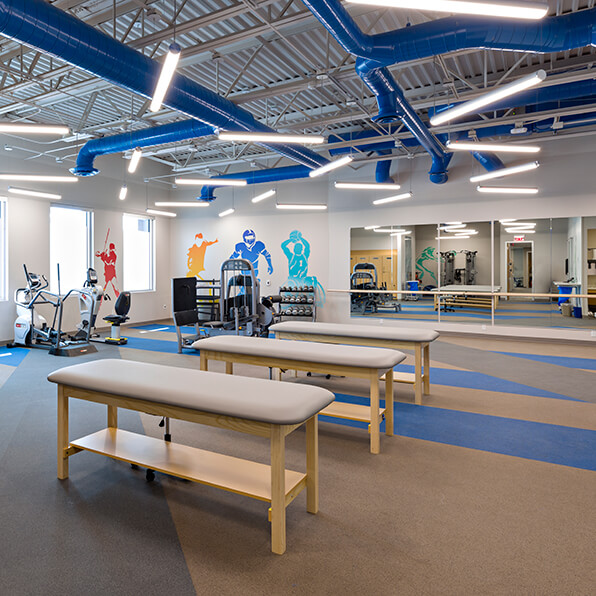Whether the Twin Cities Marathon was your first — or one in a long line of marathons — your body deserves a little break from what is a supramaximal exercise event.
“Some short-term changes in your fitness route after a supramaximal — super-intense — exercise event will make for a quicker recovery,” says Edward Laskowski, M.D., sports medicine physician, Mayo Clinic Orthopedics and Sports Medicine.
And don’t ease up on healthy eating just because the marathon is over. “Eat plenty of anti-inflammatory foods, high-quality proteins, fresh fruits and vegetables, and some complex carbs to repair tissue and refuel the body,” says Luke Corey, performance dietitian, Mayo Clinic Orthopedics and Sports Medicine.
Here are some tips from experts in Mayo Clinic Orthopedics and Sports Medicine for post-marathon recovery.
Take a running break: A one- to two-week break from running can be beneficial. Keep moving with lower-impact activities. Options include biking, elliptical workouts, walking and water exercises. These activities give your body a rest from the stress of impact forces, reduce soreness and maintain muscle blood flow.
Take it easy as you resume running: Start with lower miles and an easier pace. Continue to mix in low-impact activities for at least the first month. Consider keeping those low-impact activities in your fitness routine to help keep your body refreshed and running longer miles.
Beware of germs: Be extra vigilant with hand washing and other precautions to avoid illness. Studies have found that an athlete’s immune system is depressed for up to four weeks after marathons and other supramaximal exercise events. You are at increased risk of respiratory infections.
Address lingering soreness: If you have pain or swelling in a joint that is not getting better or is causing you to limp or compensate, see a sports medicine specialist. Any feeling of joint or muscle instability or loss of motion also should be evaluated. A sports care team will determine the cause and work with you on an appropriate treatment plan.
Eat well: Immediately post-marathon, emphasize hydration and fluid replacement. As your recovery continues, continue a healthy, balanced diet to provide the nutrition building blocks to repair tissue and refuel the body. A balanced recovery diet includes:
- Anti-inflammatory foods: Fatty fish (salmon, herring, mackerel), avocados, olive oil, turmeric, chia seeds, flax seeds, almonds, walnuts and berries
- High-quality proteins: Chicken, fish, turkey, lean beef, pork, tofu, tempeh, eggs, Greek yogurt and seafood
- Fresh fruits and vegetables
- Complex carbs: Breads, pasta and starches
Consider lessoned learned and how to improve the next marathon: How did the race feel? Did you achieve your desired pace? Was your endurance steady? Was there unexpected pain?
At Mayo Clinic Orthopedics and Sports Medicine, a dedicated team of experts can help you run your best and help lower your risk of injury. The team includes physicians trained in sports medicine, physical therapists, athletic trainers, strength and conditioning specialists and a performance dietitian.
Options to improve the next race:
- Nutrition plan to optimize performance
- Individualized programs to address strength, endurance and mindset
Every runner is different. Mayo Clinic experts are available to provide a personal plan to help you achieve your goals in the next Twin Cities Marathon.






